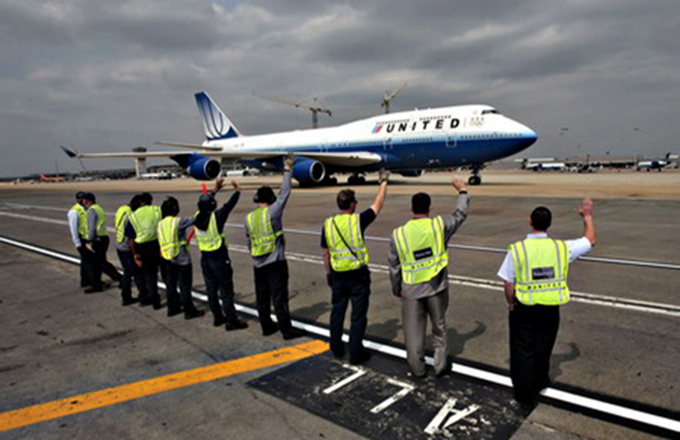Initiative promotes 'go global' policy
Capacity cooperation involves capital flows
 |
| Xu Weihong, a member of the academic committee of Pangoal Institution, and chief economist with AVIC Securities / CHINA DAILY |
Capacity cooperation will inevitably involve two-way capital flows, thus highlighting the need for modern financial services. The inter-connectivity of capital is supposed to include Chinese enterprises' procurement of overseas mineral resources and/or establishment of branches and seeking of mergers abroad. Procuring overseas mineral resources marks the expansion of industrial chains driven by the rising labor cost and scarcity of certain resources in China, while establishing branches and seeking mergers abroad often enjoy policy support but can be susceptible to geopolitical risks.
As the overseas promotion of the Belt and Road Initiative begins to bear fruit, it is vital to reduce unnecessary financing support to Chinese enterprises, be they State-owned or private. Unreasonably low financing costs will disrupt global market pricing, which may create trouble for Chinese investors aspiring to become global competitors.
At the heart of the Belt and Road capacity cooperation is the upgrade of Chinese enterprises' "go global" practice, as well as expanded allocation of the factors of production.
- Senior Japanese politician to attend Belt and Road Forum
- Europeans looking to Belt and Road forum to deepen dialogue
- Kazakh president to attend Belt and Road Forum, calling for expanded co-op with China
- Golden bridge illuminates ahead of Belt and Road forum
- Belt and Road forum will add to what initiative entails
- World of interest in Belt and Road forum


















